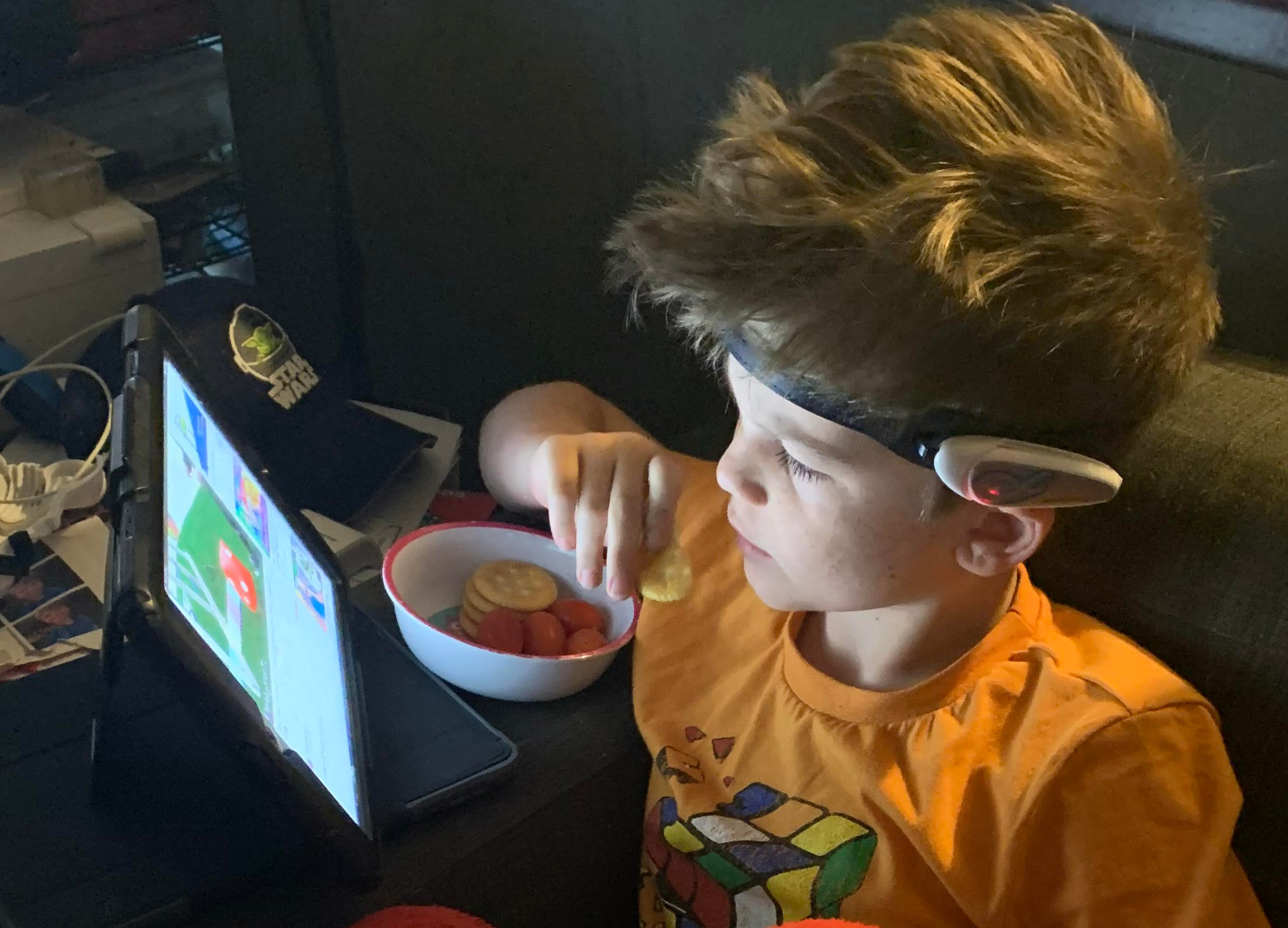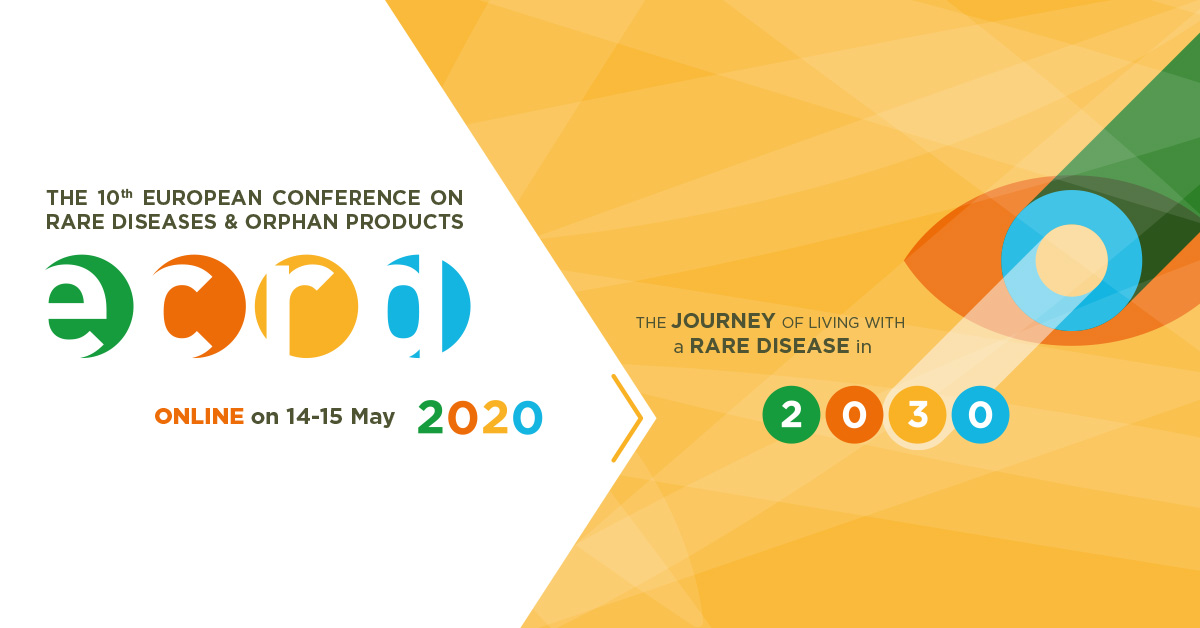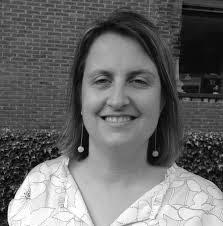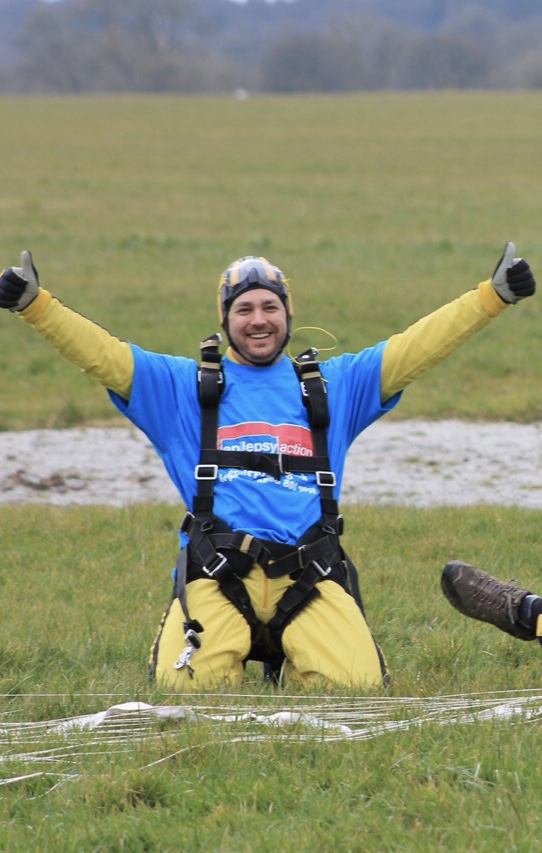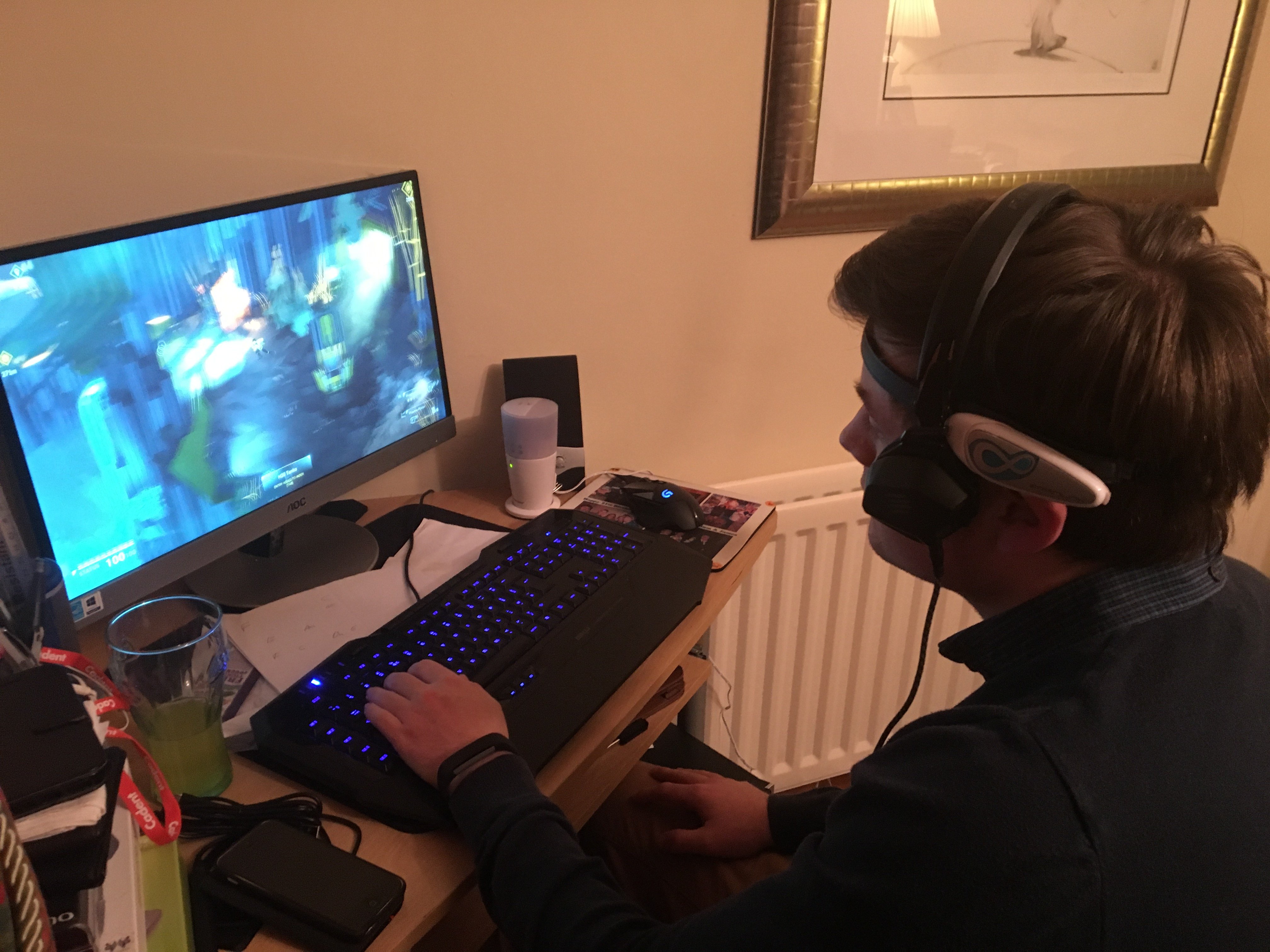Ian Williams lives with his beautiful family in Perth (Australia). Together with his wife Jodi, their daughter Abbey, 2 dogs of which one is in training for epilepsy, 2 cats and 2 goldfish they offer their son Ben, who suffers from medication resistant epilepsy, a warm cocoon. With only one focus: to give Ben the best possible quality of life, despite the many obstacles he encounters in his path.
Allison Watson, founder and trustee of the patient organization Ring20 Research & Support, and Tim Buckinx, founder of epihunter, presented three times this year at international conferences.
Dr. Wendy Werckx is a pediatric neurologist, working in her own cabinet and in the Ziekenhuis Netwerk Antwerpen. Since September 2020 she uses epihunter in her own clinical practice. She is excited about its added value. Tim Buckinx, CEO and founder of epihunter, spoke with her.
Validation of our technology is obviously very important. During previous research we showed that epihunter is able to detect absence seizures fully automatically.
However, we wanted to go a step further and compare epihunter with the video EEG in the hospital.
Leading a life as a young adult with epilepsy is challenging and confronting. We spoke to two women about the specific challenges in their lives. Sarah (41), who has focal impaired awareness seizures and Sue (65) with juvenile myoclonic epilepsy, share their stories and their three biggest challenges when they were a young adult.
Topics: epilepsy, life questions, impact on family, self-care, self-awareness, living with epilepsy, familiy, pregnancy, employment, idiopathic refactory epilepsy, idiopathic generalized epilepsy
"Last week, same story", Danielle begins. In Sara’s diary, a note from her teacher: "Sara seems tired lately. Moreover, Sara hit the same cupboard several times this week. On Tuesday, during math, it took her a lot of effort to keep up with the group.”
Topics: absence, behavioral change, childhood absence epilepsy, unclear, confusion, seizure, incomprehension
Many people with epilepsy experience social isolation. One of the most common causes is the fear of potential embarrassment if a seizure occurs and this often prevents people with epilepsy from attending social functions or sharing their story with others. Simon Privett from the UK is an example of the contrary. Simon is actively involved in a number of initiatives and uses both face-to-face meetings and social media to engage with others affected by epilepsy. Later this year, he will be awarded with the prize Volunteer of the Year by Epilepsy Action. In this interview, Simon shares his story and work within the epilepsy community.
Topics: epilepsy, impact on family, support, living with epilepsy, familiy, support group, awareness, epihunter, research support, epilepsy action, social media
Ring Chromosome 20 syndrome, also known as r(20), is an ultra-rare condition, the first symptom of which is usually epilepsy. Due to the delayed onset of the signs of the syndrome and the difficulties in identifying it, no true statistics for r(20) exist. This isn’t good enough for Allison Watson, co-founder of Ring20 Research & Support UK CIO. Here, she explains why.
Topics: epilepsy, impact on family, support, living with epilepsy, familiy, support group, awareness, epihunter, rare diseases, r(20), ring chromosone 20 syndrome, research support
Interview with Eva Schoeters, founder be-TSC
Tuberous Sclerosis Complex (TSC), also known as Bourneville's disease, is a complex genetic disease of which epilepsy is often one of the symptoms. Clear communication around TSC and tight monitoring of it is crucial to limiting the impact of the condition. That is why Eva has committed herself to the role of chairman of be-TSC, an association that wants to be there for those who have to deal with TSC. In this blog, she tells more about TSC and shares her story.
Topics: absence, epilepsy, uncertainty, impact on family, support, living with epilepsy, familiy, support group, awareness, spasms, tsc, Tuberous sclerosis, infantile spasms, rare diseases
Epihunter is used by children, young people, and adults. In this interview, we meet Philippe (52) from Antwerp, Belgium. He has been using epihunter for some time and shares his story with us - from his first seizure to his new daily approach and the lessons of his epilepsy.
Topics: absence, testimonials, seizure, uncertainty, unpredictable, neurologist, diagnosis, self-care, self-awareness, living with epilepsy, epihunter, apps

